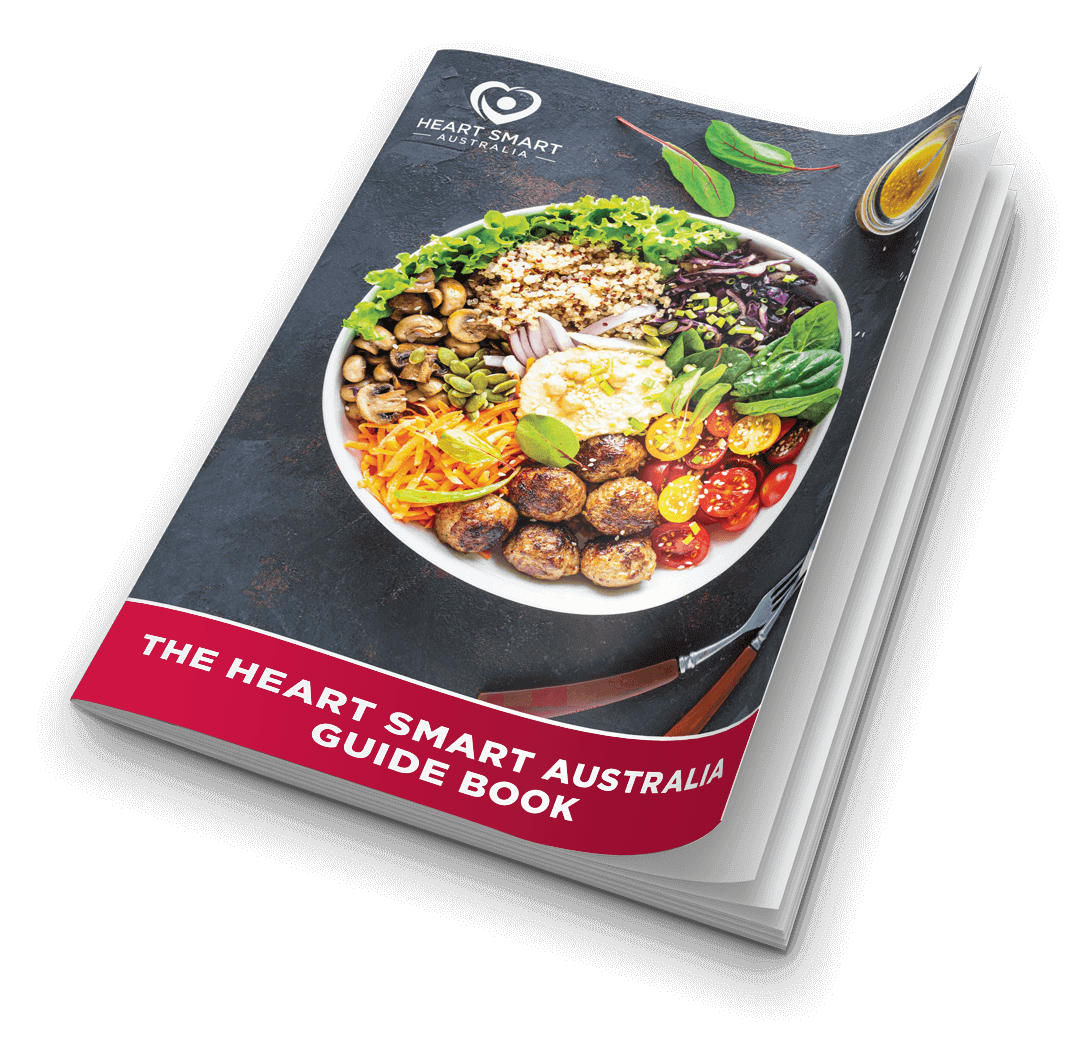Cardiomyopathy Management: Strategies for a Healthier Heart
Navigating life with cardiomyopathy can be a complex journey for both patients and their caregivers. Understanding this heart condition is crucial for effective management and maintaining optimal quality of life. This comprehensive guide delves into the essentials of cardiomyopathy, including its nature, management strategies, dietary and lifestyle recommendations, and preventive measures so that you or someone you know can live a fulfilled life.
In this article you will learn:
What is Cardiomyopathy?
Cardiomyopathy refers to a range of conditions affecting the heart muscle, impacting its ability to efficiently pump blood. It can make your heart stiff, larger or thicker than usual and may cause scar tissue. There are several types, such as dilated, hypertrophic, and restrictive cardiomyopathy, each with unique characteristics but commonly leading to weakened heart function, arrhythmias, and heart failure risk. (1)
Dilated cardiomyopathy, the most common type, involves an enlarged heart chamber that struggles to pump blood. Hypertrophic cardiomyopathy features thickened heart muscle, potentially obstructing blood flow, while restrictive cardiomyopathy sees the heart becoming rigid and less elastic. Understanding your specific type is crucial, as it influences treatment and management approaches.
Symptoms often include:
- Breathlessness
- Fatigue
- Swelling in the legs or Edema
- Chest pain
- Heart palpitations
- Fainting (2)
However, some people have no symptoms associated with their cardiomyopathy and don’t require treatment. The condition can be inherited or acquired due to lifestyle factors or other diseases.
What Do I Need to Know About Cardiomyopathy?
Cardiomyopathy requires ongoing attention and management. It’s vital to recognise that while genetic factors play a role in some types, others may develop due to health, environmental and lifestyle factors like hypertension, obesity, or infections. Symptoms can be subtle initially but may progress, necessitating regular medical check-ups for monitoring and management.
Understanding your condition includes recognising symptoms like shortness of breath, chest pain, palpitations, and fatigue. It also involves being aware of potential complications from the condition worsening, such as:
- Arrhythmias
- Heart failure
- Sudden cardiac arrest
- Stroke (3)
and how to respond to them. Regular consultations with your healthcare team are essential for monitoring your condition and adjusting treatment as needed. This proactive approach can help manage symptoms, slow the progression of the disease, and improve your quality of life.
What are the Cardiomyopathy Treatment Options?
Treatment for cardiomyopathy is aimed to manage symptoms and slow the progression of the disease. It consists of a range of different lifestyle changes, medications and procedures which is based on the type and severity of your condition. (4)
Dietary Recommendations
As a dietitian, I recommend a heart-healthy diet as a cornerstone of managing cardiomyopathy. This can be broken down into:
If you need further advice, seek help from a dietitian for personalised advice, considering your individual health needs and dietary preferences.
Lifestyle Recommendations
Lifestyle changes are pivotal in managing cardiomyopathy and strengthening your heart:
Implementing these lifestyle changes can help manage cardiomyopathy symptoms and reduce the risk of complications. It’s about creating a balanced routine that supports heart health without overburdening it.
Medical Treatments
Medical treatment for cardiomyopathy may include:
- Medications: These can range from beta-blockers and ACE inhibitors to diuretics and anticoagulants, depending on the type and severity of cardiomyopathy.
- Surgical Options: In advanced cases, surgical interventions like septal myectomy or heart transplant may be considered.
- Device Therapy: Devices such as pacemakers or implantable cardioverter-defibrillators (ICDs) can help manage heart rhythm abnormalities. (7)
Regular follow-ups with a cardiologist are crucial to monitor the condition and adjust treatments as necessary. Treatment plans are often personalised, taking into account the type of cardiomyopathy, symptoms, and overall health of the patient.
How Can I Prevent Cardiomyopathy?
While genetic cardiomyopathy cannot be prevented, lifestyle-induced cardiomyopathy can be. Preventive measures include:
- Maintaining a Healthy Weight: This reduces the heart’s workload and helps manage blood pressure.
- Controlling Blood Pressure and Diabetes: Effective management of these conditions can reduce the risk of developing cardiomyopathy.
- Regular Health Screenings: Early detection of heart-related issues is key to preventing cardiomyopathy or managing its progression. (8)
Adopting a heart-healthy lifestyle is essential for prevention and can significantly impact overall health.
Conclusion
Managing cardiomyopathy involves a holistic approach that includes medical treatment, dietary changes, lifestyle modifications, and regular medical care. By staying informed, actively managing your health, and working closely with healthcare professionals, you can effectively navigate the challenges of cardiomyopathy. Remember, every positive step towards heart health contributes to a better quality of life.
How we reviewed this article:
- Sources
- History
Heart Smart Australia utilises a variety of credible and reliable sources to support and provide valuable insights into the topic being discussed. From academic journals to government reports, each reference has been carefully selected to add depth and richness of our articles.
- (1) Heartfoundation | What is cardiomyopathy? | Heart Foundation. (n.d.). Heartfoundation-Prod.azurewebsites.net.
- (2) American Family Physician | Brieler, J., Breeden, M. A., & Tucker, J. (2017). Cardiomyopathy: An Overview. American Family Physician, 96(10), 640–646.
- (3) Oxford Academic | Arbelo, E., Protonotarios, A., Gimeno, J. R., Arbustini, E., Barriales-Villa, R., Basso, C., Bezzina, C. R., Biagini, E., Blom, N. A., de Boer, R. A., De Winter, T., Elliott, P. M., Flather, M., Garcia-Pavia, P., Haugaa, K. H., Ingles, J., Jurcut, R. O., Klaassen, S., Limongelli, G., Loeys, B., … ESC Scientific Document Group (2023). 2023 ESC Guidelines for the management of cardiomyopathies. European heart journal, 44(37), 3503–3626.
- (4) American Heart Association | (2016). Prevention and Treatment of Cardiomyopathy. Www.heart.org.
- (5) UCSF Health | (2019, March 14). Diet and Congestive Heart Failure. Ucsfhealth.org; UCSF Health.
- (6) National Library of Medicine | Driggin, E., Cohen, L. P., Gallagher, D., Karmally, W., Maddox, T., Hummel, S. L., Carbone, S., & Maurer, M. S. (2022). Nutrition Assessment and Dietary Interventions in Heart Failure: JACC Review Topic of the Week. Journal of the American College of Cardiology, 79(16), 1623–1635.
- (7) Heart Institute journal | Massin E. K. (1991). Current treatment of dilated cardiomyopathy. Texas Heart Institute journal, 18(1), 41–49.
- (8) CDC | (2019). CDC - DHDSP - Heart Disease - Other Related Conditions - Cardiomyopathy. CDC.
Our team actively monitors health and wellness advancements, keeping our articles up-to-date with the latest information as it becomes available.




